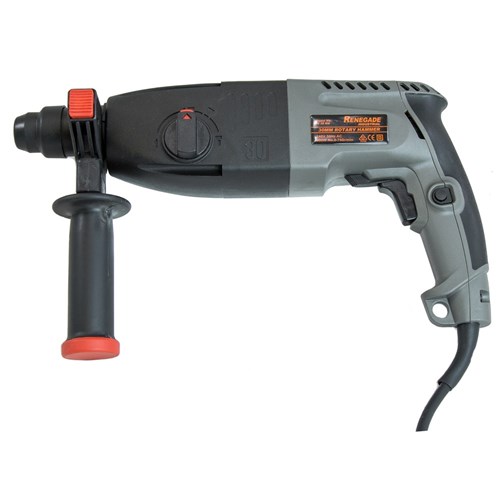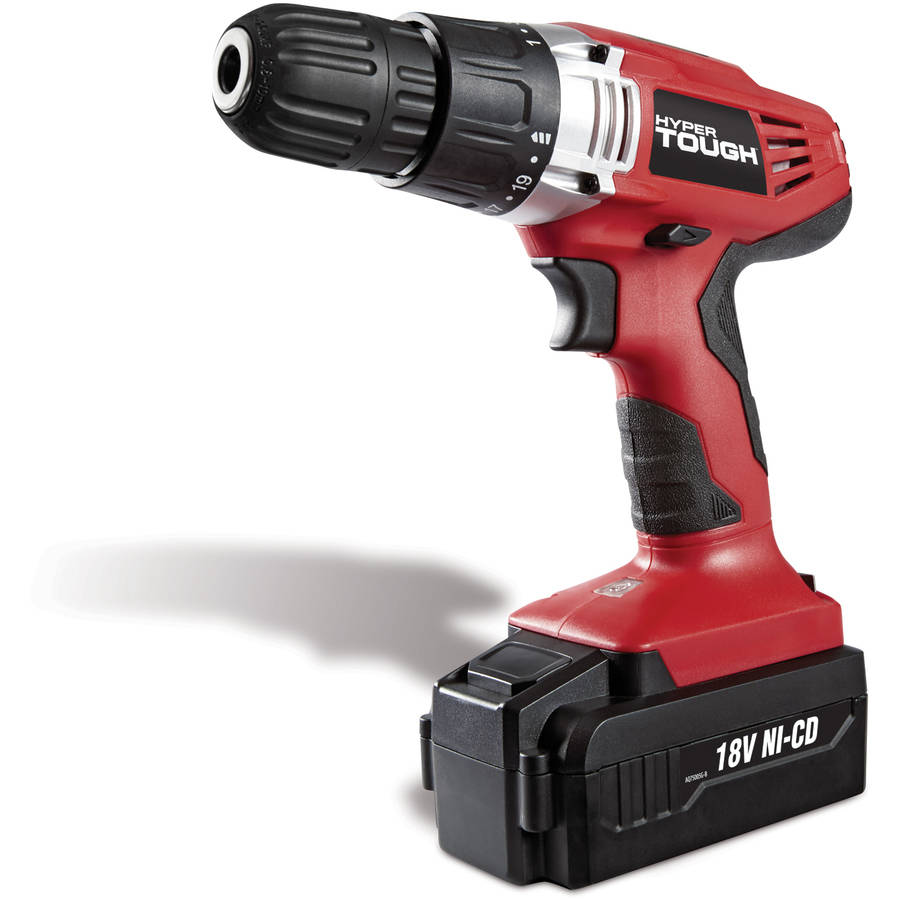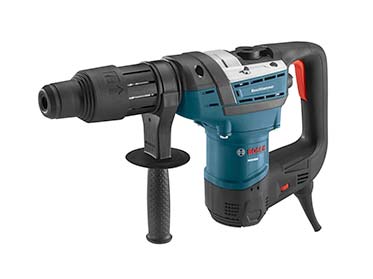
drill 1[dril] Word Origin noun
- Machinery, Building Trades.
- a shaftlike tool with two or more cutting edges for making holes in firm materials, especially by rotation.
- a tool, especially a hand tool, for holding and operating such a tool.
- Military.
- training in formal marching or other precise military or naval movements.
- an exercise in such training: gun drill.
- any strict, methodical, repetitive, or mechanical training, instruction, or exercise: a spelling drill.
- the correct or customary manner of proceeding.
- Also called snail bore. a gastropod, Urosalpinx cinera, that bores holes in shellfish, as oysters.
verb (used with object)
- to pierce or bore a hole in (something).
- to make (a hole) by boring.
- Military. to instruct and exercise in formation marching and movement, in the carrying of arms during formal marching, and in the formal handling of arms for ceremonies and guard work.
- to impart (knowledge) by strict training, discipline, or repetition.
verb (used without object)
- to pierce or bore something with or as with a drill.
- to go through exercise in military or other training.
Origin of drill 1 1605–15; Dutch dril (noun), drillen (v.)Related formsdrill·a·ble, adjectivedrill·a·bil·i·ty, noundrill·er, nounun·drill·a·ble, adjectiveSynonym study 3. See exercise. British Dictionary definitions for drillability drill 1 noun
- a rotating tool that is inserted into a drilling machine or tool for boring cylindrical holes
- a hand tool, either manually or electrically operated, for drilling holes
- military
- training in procedures or movements, as for ceremonial parades or the use of weapons
- (as modifier)drill hall
- strict and often repetitious training or exercises used as a method of teaching
- informal correct procedure or routine
- a marine gastropod mollusc, Urosalpinx cinera, closely related to the whelk, that preys on oysters
verb
- to pierce, bore, or cut (a hole) in (material) with or as if with a drillto drill a hole; to drill metal
- to instruct or be instructed in military procedures or movements
- (tr) to teach by rigorous exercises or training
- (tr) informal to hit (a ball) in a straight line at great speed
- (tr) informal to riddle with bullets
See also drill down Derived Formsdrillable, adjectivedriller, nounWord Origin for drill C17: from Middle Dutch drillen; related to Old High German drāen to turn drill 2 noun
- a machine for planting seeds in rows or depositing fertilizer
- a small furrow in which seeds are sown
- a row of seeds planted using a drill
verb
- to plant (seeds) by means of a drill
Derived Formsdriller, nounWord Origin for drill C18: of uncertain origin; compare German Rille furrow drill 3drilling noun
- a hard-wearing twill-weave cotton cloth, used for uniforms, etc
Word Origin for drill C18: variant of German Drillich, from Latin trilīx, from tri- + līcium thread drill 4 noun
- an Old World monkey, Mandrillus leucophaeus, of W Africa, related to the mandrill but smaller and less brightly coloured
Word Origin for drill C17: from a West African word; compare mandrill Word Origin and History for drillability drill n.1
“tool for making holes,” 1610s, from Dutch dril, drille “a hole, instrument for boring holes,” from drillen “to bore (a hole), turn around, whirl” (see drill (v.)).
drill n.2
“small furrow,” 1727; also “machine for sowing seeds” (1731), from obsolete drill “rill, trickling stream” (1640s), of unknown origin; perhaps connected to drill (n.1).
drill n.4
“West African baboon species,” 1640s, perhaps from a native word (cf. mandrill).
drill n.3
kind of coarse, twilled cloth, 1743, from French drill, from German drillich “heavy, coarse cotton or linen fabric,” from Old High German adjective drilich “threefold,” from Latin trilix (genitive trilicis) “triply twilled” (see trellis). So called in reference to the method of weaving it.
drill v.
c.1600 (implied in drilling), from Dutch drillen “to bore (a hole), turn around, whirl,” from Proto-Germanic *threljanan (cf. Middle High German drillen “to turn, round off, bore,” Old Engish þyrel “hole”), from PIE *tere- “to turn, rub” (see throw (v.)). Sense of “to instruct in military exercise” is 1620s (also in Dutch drillen and in the Danish and German cognates), probably from the notion of troops “turning” in maneuvers. Extended noun sense of “the agreed-upon procedure” is from 1940. Related: Drilled.
 Liberal Dictionary English Dictionary
Liberal Dictionary English Dictionary



